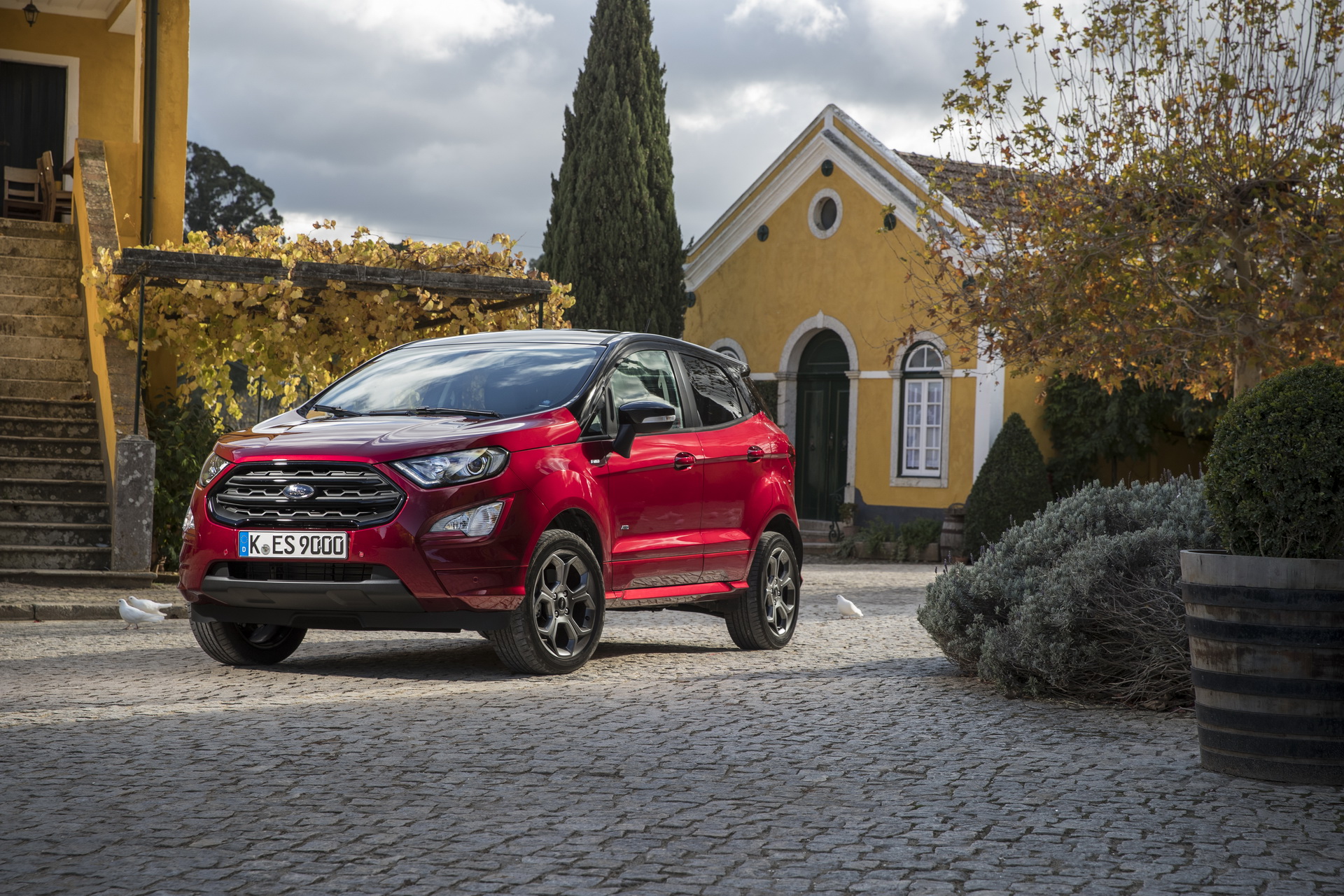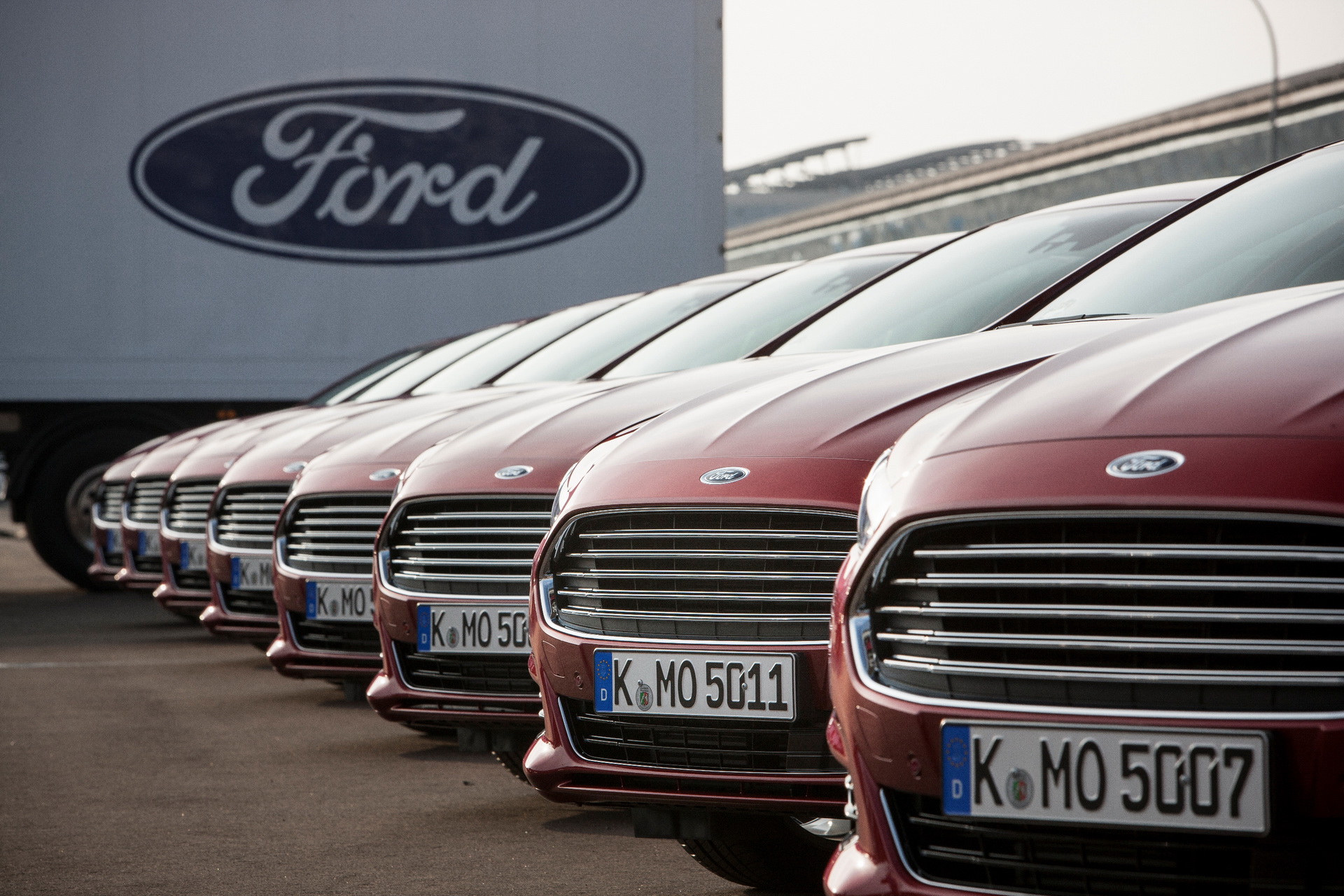The U.S. automaker has decided to significantly restructure its Ford Sollers joint venture in Russia in order to improve profitability and focus exclusively on growing its commercial vehicle business.
The move is expected to be finalized in the following months, and will see Ford cease all passenger vehicle production by the end of June, closing its two assembly plants (Naberezhnye Chelny and St. Petersburg), as well as the engine plant in Elabuga.
At the St. Petersburg facility, Ford builds its Focus and Modeo models, while Naberezhnye Chelny makes the Fiesta supermini and the Ecosport crossover. Currently, Ford has the capacity to produce 360,000 cars per year in Russia.
“This represents an important step towards Ford’s target to deliver improved profitability and a more competitive business for our stakeholders,” stated Ford of Europe president, Steven Armstrong. “The new Ford Sollers structure supports Ford’s global redesign strategy to expand our leadership in commercial vehicles and to grow the business in Europe in those market segments that offer better returns on invested capital.”
Because of the pressure faced by the Russian passenger car market in recent years, and a shift towards lower priced segments, the Ford Sollers manufacturing plants had become underutilized, offering inadequate returns on invested capital. At the same time, sales of the Ford Transit 2.0 tonne continued to grow – the Transit stands as Russia’s best-selling non-domestic commercial vehicle, with a 15% segment share.
In the new structure, Sollers PJSC will be taking a 51% controlling stake in the joint venture.
“We look forward to starting the next chapter of our long-term partnership with Ford in Russia,” said Sollers CEO, Vadim Shvetsov. “We believe our decision to focus on the Russian light commercial vehicle market will result in a stronger performing joint venture, and enables us to benefit from future market growth in this segment.”
Unfortunately this also means that significant “employee separations” are required, and will take place through voluntary programs.
“While the actions we are announcing today are difficult, they are critical to ensure the long-term viability of the Ford Sollers business. The Ford Transit line-up is the leader among foreign commercial vehicle brands in Russia, and has tremendous potential for further profitable growth in the years ahead,” added Adil Shirinov, CEO Ford Sollers.
Ford Sollers also confirmed that it would continue to meet warranty and service requirements for current and future owners of all Ford vehicles purchased in Russia.
Aside from restructuring its joint venture in Russia, Ford is also planning on ending production at its Aquitaine Industries plant in Bordeaux, France this August, and possibly ending production of the C-MAX and Grand C-MAX at the Saarlouis Body and Assembly Plant in Germany.






